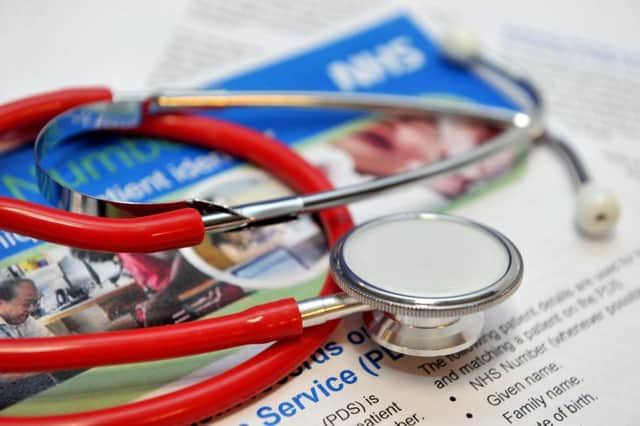COLUMN: Help stop resistance to antibiotics


Antibiotic, with its ancient Greek roots, literally means life-killing which is odd given their life-restoring role in fighting infection.
There’s no doubt that antibiotics have saved millions of lives since Alexander Fleming’s 1928 penicillin discovery. With almost a hundred years of research and experience you could assume we would have everything sorted by now.
Advertisement
Hide AdAdvertisement
Hide AdHowever, the unfortunate truth is that antibiotic resistance is one of the biggest threats facing us today – our enemy is fighting back and beginning to win the war.
The other unfortunate truth is that antibiotic resistance is worldwide and won’t go away. Last year an American woman died from an infection that was resistant to 26 different antibiotics.
Without effective antibiotics many routine operations and treatments may become increasingly dangerous, so what I say is let’s try and ensure nothing like this happens over here. We can help to guard against this by using antibiotics responsibly. There is good news – your doctor will make a careful assessment, in line with agreed treatment protocols, whether or not you need antibiotics.
If you are given a prescription for an antibiotic then it’s important that they are taken exactly as prescribed. This means taking the correct dose, not missing any doses, and taking them for the correct duration. Otherwise, the treatment could fail.
Advertisement
Hide AdAdvertisement
Hide AdThere is more good news – In 2014 Public Health England developed an ‘Antibiotic Guardian’ campaign, which encouraged everybody to do what he or she could to conserve antibiotics for future generations. This wasn’t just aimed at healthcare professionals, but also at members of the public. We are all in this together and need to play our part, no matter how small it may seem, to begin to make a difference.
So what can we pledge to do, to make a difference? Don’t immediately ask for antibiotics where the body is good at fighting the infection on its own. Ask your pharmacist about how to treat your symptoms first rather than going to the doctor and read the patient information leaflet thoroughly, asking if you are unsure.